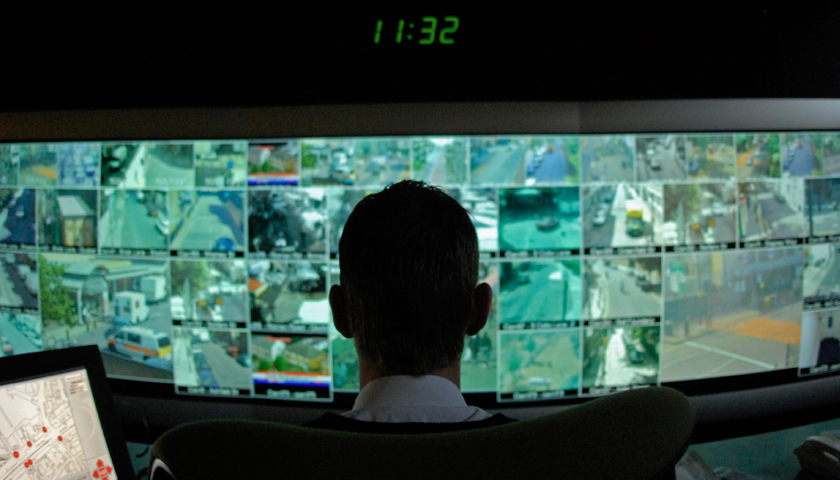Covert surveillance and the right to privacy

We have recently received queries concerning the lawfulness of cctv in the workplace. Where does the balance fall between an employee’s right to privacy and the employer’s desire to protect its property?
Two decisions of the European Court of Human Rights offer useful guidance on covert surveillance.
The first involved a supermarket cashier who was dismissed for gross misconduct for theft on the basis of covert video surveillance. The court found that the German employer had struck a fair balance between the cashier’s right to respect for her private life, the employer’s interest in the protection of its property and the public’s interest in the administration of justice. The court found that the interference with the employee’s private life had been restricted to the extent necessary to achieve the aims.
The second involved a Spanish supermarket’s covert surveillance of supermarket cashiers suspected of theft in circumstances where in some months the stock discrepancy was as much as €20,000. The footage showed the cashiers stealing stock and helping co-workers and customers to steal stock. The employees admitted theft and were dismissed. The employees unsuccessfully challenged the fairness of their dismissals in the Spanish courts.
The High Court found that the surveillance had been justified since there had been a reasonable suspicion of theft, a legitimate aim pursued, and the use was necessary and proportionate.
The employees’ challenge to the European Court of Human Rights succeeded. The ECJ found that the Spanish courts had failed to strike a balance between the rights involved. The case involving the German supermarket was distinguished as, in that case, only particular employees under suspicion were targeted and the surveillance had been carried out over a limited period.
Employers are advised to adhere to a strict policy that covert video surveillance will only be carried out in exceptional circumstances where there is no less intrusive way of investigating. Where covert monitoring is undertaken, it should be for the shortest possible period and affect as few individuals as possible.
The position in relation to overt cctv is less restrictive as an employer should ensure the employee is aware of its use.
A written policy clearly articulating these guidelines is strongly advised.
